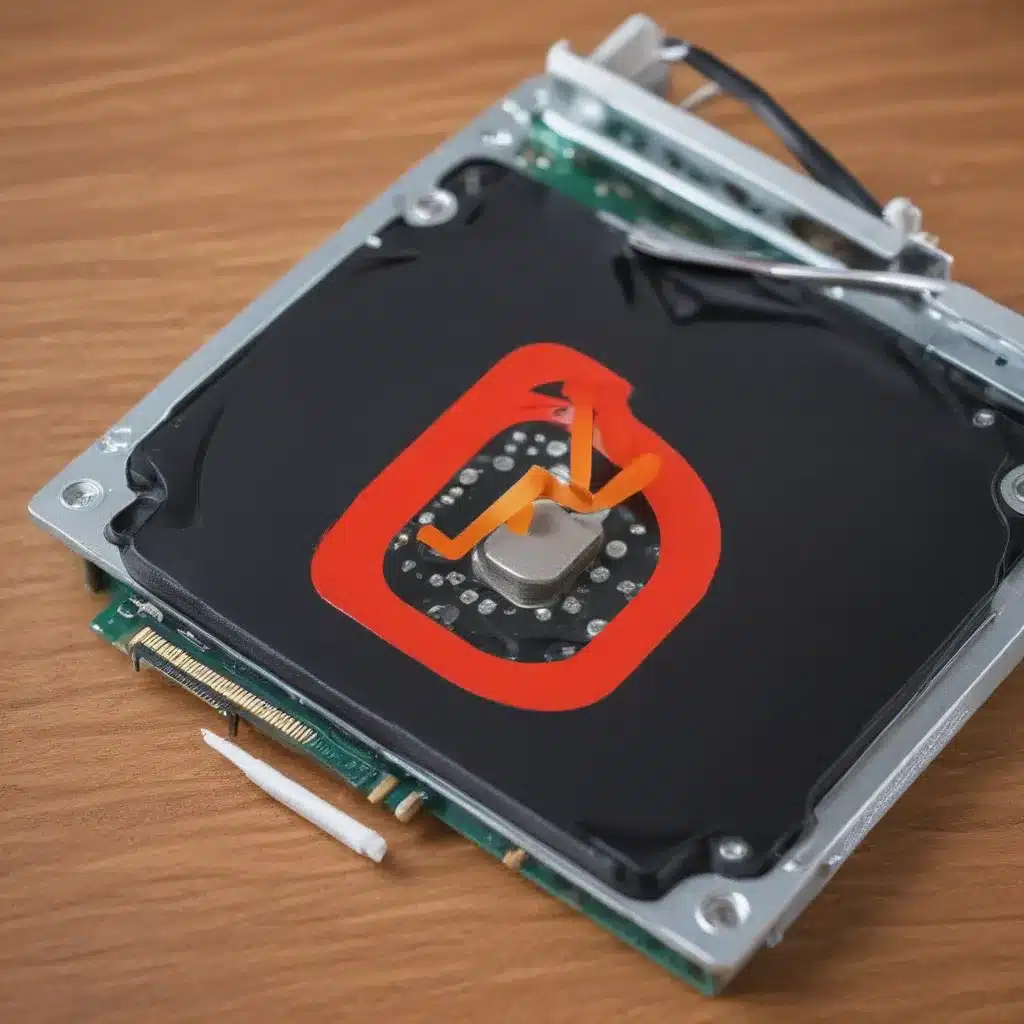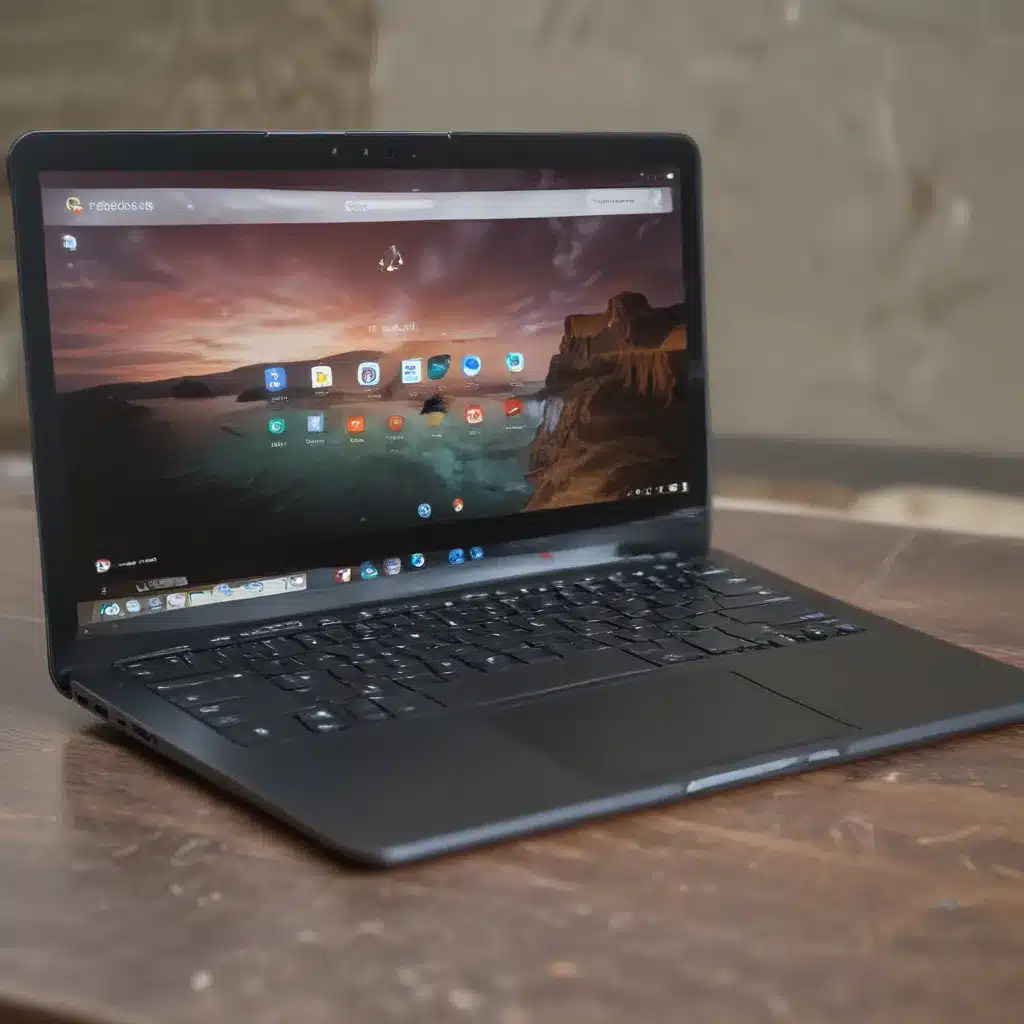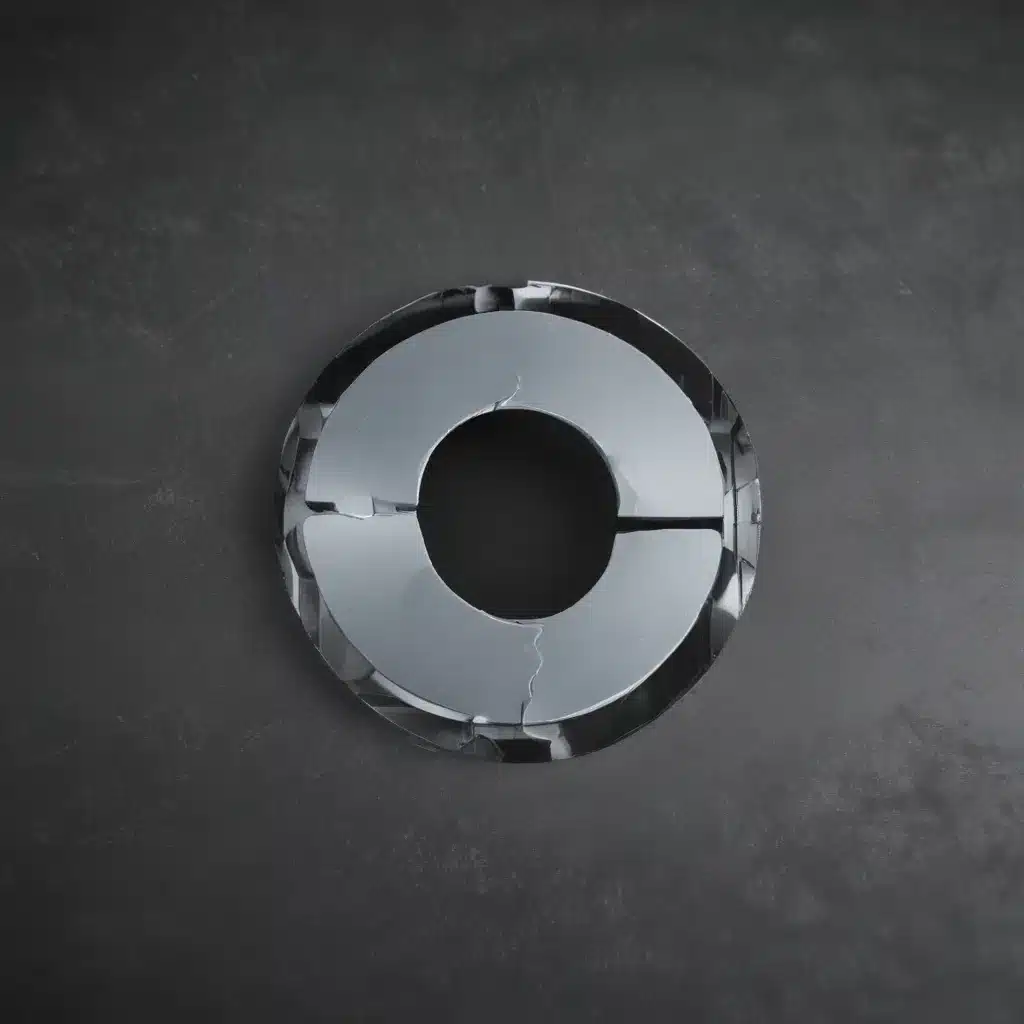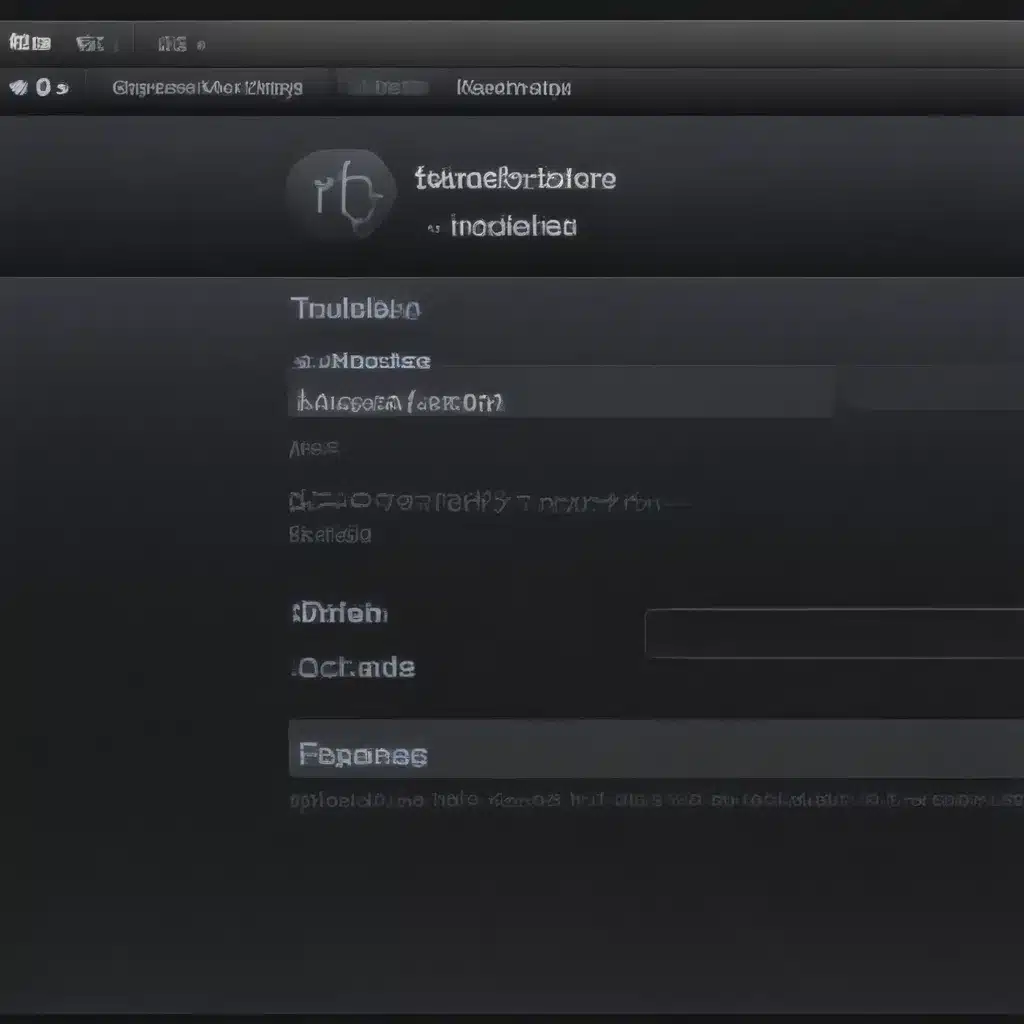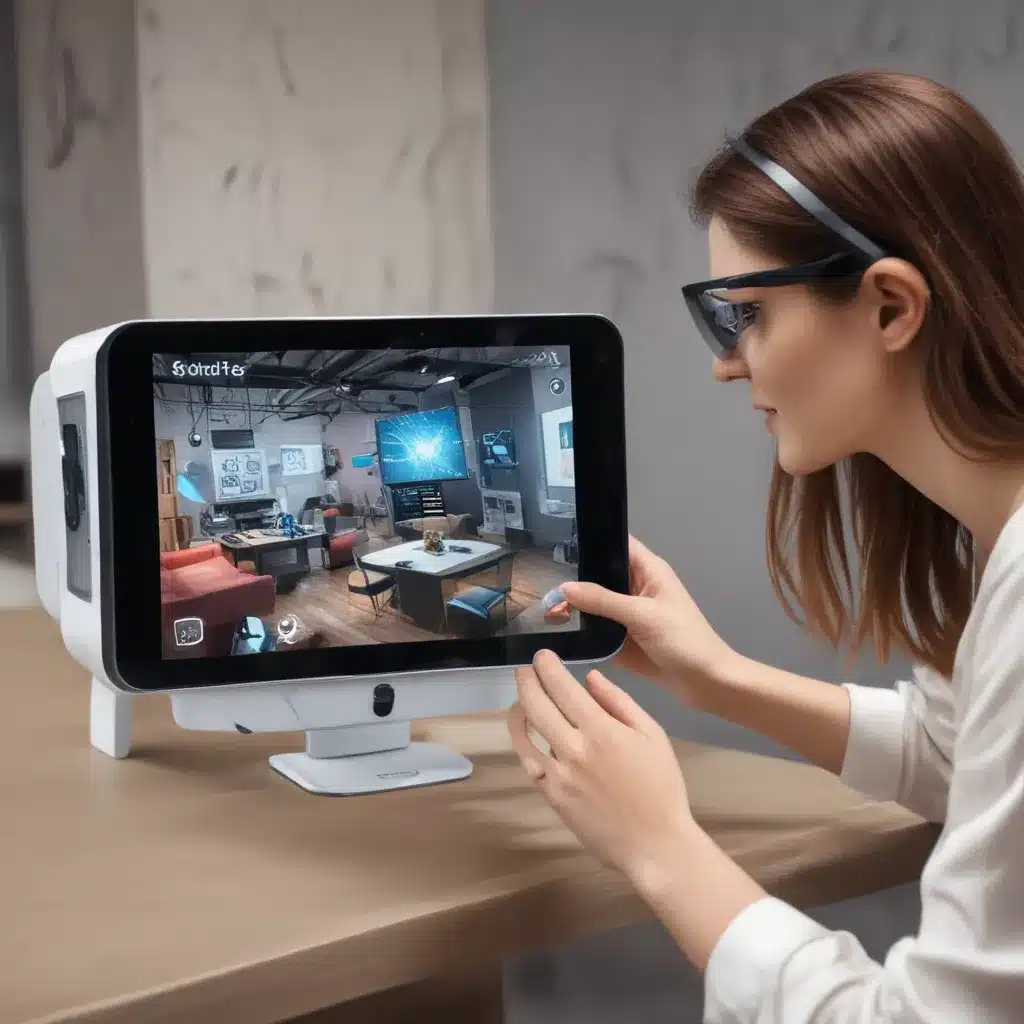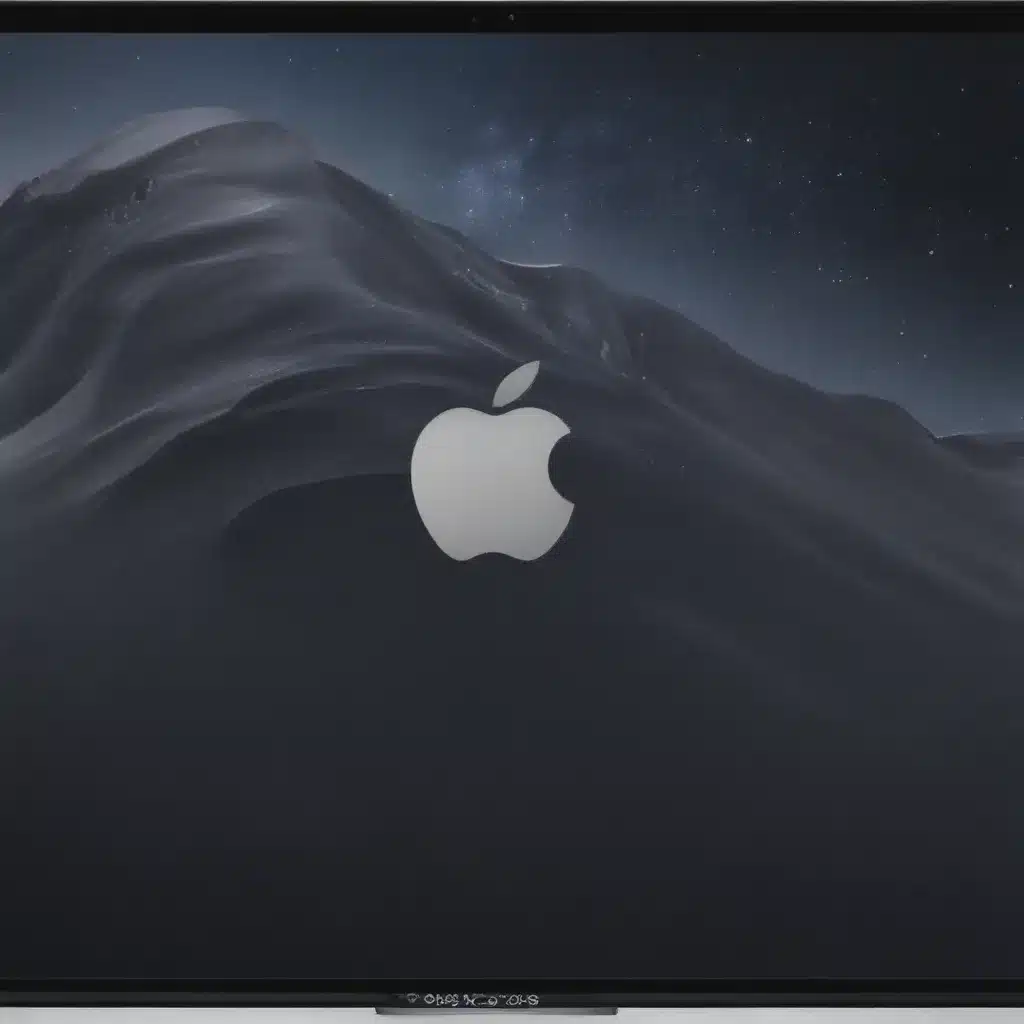Experiencing the Dreaded PC Slowdown? You’re Not Alone
It’s a nightmare familiar to every computer user – that sinking feeling when your once-zippy machine suddenly transforms into a slug, trudging through even the most basic tasks. Whether you’re waiting an eternity for a simple file to open or watching in dismay as your cursor lags behind your mouse movements, a slowdown can be as frustrating as it is perplexing.
But fear not, my fellow tech-savvy friends! I’ve been there, and I’m here to share my hard-won wisdom on how to diagnose and tackle those sudden, unexplained PC slowdowns. From tackling pesky background processes to reviving a lethargic hard drive, you’ll learn proven techniques to reclaim the lightning-fast performance your machine once boasted.
So, grab a cup of tea (or perhaps something stronger, depending on the severity of your slowdown woes), and let’s dive in. Your speedy computing days are about to make a triumphant return.
Understanding the Culprits: What’s Causing Your PC to Slow Down?
Before we can dive into the solutions, it’s important to understand the common culprits behind those agonizing slowdowns. After all, the old adage “knowledge is power” holds true, especially when it comes to troubleshooting technology.
One of the primary suspects is often background processes. Windows 10, in its never-ending quest to be helpful, loves to run all sorts of background tasks, from security scans to system updates. While these processes are generally benign, if they’re running amok, they can quickly consume system resources and grind your PC to a halt. [1]
Another common culprit is a sluggish hard drive, particularly if you’re still rocking an old-school mechanical HDD. As these drives age, they can become increasingly fragmented and bogged down, leading to painfully slow read and write speeds. [2] And let’s not forget about malware – pesky viruses and spyware can hijack your system resources, turning your once-speedy machine into a snail-paced nightmare. [3]
But the list of potential offenders doesn’t end there. Faulty or outdated drivers, too many startup programs, and even a poorly ventilated system can all contribute to those dreaded slowdowns. [4] It’s a veritable rogues’ gallery of computer woes, but fear not – with the right troubleshooting steps, we’ll have your PC purring like a well-oiled machine in no time.
Diagnosing the Issue: The Vital First Step
Before we can start implementing solutions, we need to take a good, hard look at what’s happening under the hood of your computer. After all, you wouldn’t take your car to a mechanic without at least a rough idea of the problem, would you?
The first step is to open up your trusty Task Manager and take a close look at the resource utilization. Are you seeing one or more processes hogging a disproportionate amount of CPU, memory, or disk activity? [1] If so, make a note of which processes are the culprits – this information will be crucial in the next phase of our investigation.
Next, let’s take a peek at your hard drive’s health. If you’re rocking an old-school mechanical HDD, download a tool like CrystalDiskInfo and run a quick SMART check. [2] If the report shows any signs of impending doom, it might be time to consider upgrading to a speedy solid-state drive (SSD) – trust me, the difference is night and day.
And don’t forget about your system’s thermals. Are the fans running at full tilt, indicating a potential overheating issue? [4] Grab a can of compressed air and give those vents a thorough cleaning – you’d be amazed at how much of a difference a little dust removal can make.
Once you’ve gathered all this intel, you’ll be armed with the knowledge to tackle those slowdowns head-on. So, let’s get to work!
The Speedy Solution Toolkit: Reclaim Your Computer’s Lost Performance
Alright, time to put on our troubleshooting caps and get to work. With the information we gathered in the previous step, we can now dive into the solutions and watch your PC’s speed come roaring back to life.
Taming those Pesky Background Processes
Remember those resource-hogging processes we identified in the Task Manager? It’s time to take them down a peg. Start by closing any unnecessary programs or browser tabs, then dive deeper into the Task Manager to identify and terminate any rogue processes. [1]
But don’t stop there – take a close look at your Startup settings and disable any programs you don’t absolutely need launching at boot. Trust me, your computer will thank you for the extra breathing room.
Reviving a Sluggish Hard Drive
If your SMART check revealed some not-so-sunny news about your hard drive’s health, it’s time to take action. [2] Start by running a thorough disk defragmentation – this will help reorganize the data on your drive and improve access times.
And if that doesn’t do the trick, it might be time to take the plunge and upgrade to an SSD. The difference in speed is truly night and day, and the price of these speedy solid-state drives has never been more affordable. Your future self will thank you for the lightning-fast boot times and snappy application launches.
Vanquishing Unwanted Visitors: Malware and Driver Issues
Pesky viruses and spyware can wreak absolute havoc on your system’s performance, so make sure to run a comprehensive malware scan using your trusty antivirus software. [3] And while you’re at it, double-check that all your drivers are up-to-date – outdated or corrupted drivers can be a surprising source of slowdowns.
Keeping Your Cool: Tackling Thermal Issues
Remember that overheating we suspected earlier? Time to put that can of compressed air to good use! [4] Thoroughly clean out any dust and debris from your system’s vents and fans, then keep an eye on those temperatures. If the problem persists, it might be time to consider upgrading your cooling solution or even cracking open the case for a deeper cleaning.
Putting it All Together: The Speedy Resurrection of Your PC
With these proven techniques in your arsenal, you’re now equipped to wage war against those dreaded PC slowdowns. Remember, the key is to approach the problem methodically, tackling one potential culprit at a time.
Start by taming those resource-hungry background processes, then move on to reviving your hard drive’s health. Don’t forget to vanquish any unwanted malware visitors, and keep a close eye on those all-important thermals.
Before long, you’ll be marveling at your computer’s newfound zippiness, zipping through tasks and leaving those slowdown woes firmly in the rearview mirror. Embrace the power of your newly supercharged machine, and may your computing days be forever speedy and smooth.
References
[1] “Mouse cursor speed suddenly reduced”, Microsoft Answers, https://answers.microsoft.com/en-us/windows/forum/all/mouse-cursor-speed-suddenly-reduced/015a043f-2b2d-413a-813e-a603b84988ed
[2] “Hard disk suddenly is extremely slow”, SuperUser, https://superuser.com/questions/1152901/hard-disk-suddenly-is-extremely-slow
[3] “Computer is suddenly running slow and games are lagging”, Microsoft Answers, https://answers.microsoft.com/en-us/windows/forum/all/computer-is-suddenly-running-slow-and-games-are/5de05fba-33f9-4b5f-9f88-3006bd3b1383
[4] “Why is my laptop so slow and how can I fix it?”, HP, https://www.hp.com/us-en/shop/tech-takes/why-is-my-laptop-so-slow-and-how-can-i-fix-it

